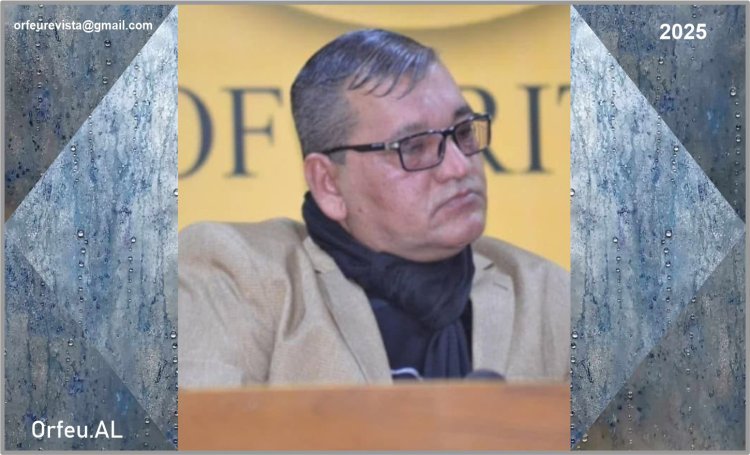Mushtaq Abdul Hadi from the popular heritage
IT WAS SAID THAT THE GENERAL ALSO HAS A HORSE
It was said that when he cuts through the city's roads, the rocks bend to pave the way for that angry road, a space for an elegant echo, and it was also said that the wildness of the morning is a hobby that the people of the market are accustomed to, as their eyes swing between two things: either with the angry neighing there is a whip for revenge, or the anticipated silence coming behind the tail of the wild neighing of ecstasy.
It was said that when he neighs, the storks' nests bloom, and the lovers announce the beginning of the adventures of love studded with kisses and groans, and likewise that resounding roar between the alleys announces the revolution of pornography, so that through that running neighing between the city's paths, the bodies have the right to erupt and remove the cloak of repression without the slightest fear of the covers of modesty and religion.
It was said that if he was exposed to even a slight scratch during his daily rampage, the one who caused that scratch would be punished, which could include death, not to mention that his name and his relatives would be included in the list of undesirables. A special court was established for these purposes, which enacted legal provisions, counted the crimes committed, and punished the perpetrators. Prisons were torture tools and even special execution methods for such crimes. It was said that they were crimes against symbols of authority and the general. It is the rampage of the neighing, which fuels the brilliance of the generals’ medals, it is the motive for their sympathy or anger towards people. It was said that under the tracks of his hooves lie paradises, and gushing springs of water gush forth. When he passes by, some rush to win the general’s favor by securing an empty path for that neighing rampant. However, if his hoof steps on someone’s chest, that is without a doubt a medal of heroism and loyalty. The general loves him, sanctifies him, gathers the dust from his hooves and makes them dust for people’s prayers, a ministry with its institutions, employees, equipment and funds that annually constitute a quarter of the country’s budget, and it was also said half, works on the comfort of the horse, that it is graceful with a red forelock, it was said that the general inherited it from his father and grandfathers, and it was also said that he is from a family addicted to the neighing of wars, so when he neighs, the relevant ministry and its affiliated institutions, through its scientists and theorists, begin translating the neighing, and the results of the analysis and reports always result in a war that destroys one of the small states, or the exposure of some conspirators, or a national holiday that the public celebrates, the general’s horse and its neighing are the lobby guiding the country’s policies,
Therefore, he is the focus of attention of the people and neighboring peoples. It was said that the general lulls him at night, watching over him so that he does not get sick or... die. The death of a horse is a nightmare that the public pays off with vows, prayers and supplications. So what will be their fate on that day of tumultuous blackness...? And what supplication or prayer will ward off the wrath of the general from them and their children...?
"Mourning in all homes...!"
That is the suggestion of some, as it is unreasonable for the general to harm a home that mourns the soul of the great departed.
Days of mourning are raging in the country, loudspeakers mourn and lament, and the general is isolated in a room empty of anything but blackness and some pictures of the deceased, as well as a large pile of the finest types of cardamom. It was said that one of the general's friends had sent it as fodder for the deceased.
The mourning ceremonies are over, the street is waiting, and the general is still secluded next to the pile of cardamom. It was said that he is on a hunger strike, and it was also said that he is planning to commit suicide. It was said... and it was said... and it was said.
The most important thing that was said and passed around by people was about the size and form of mourning if the general died. Would it be bigger or blacker than the mourning of a horse’s death...? And who would order that at that time...?
The general died and no one believed in his authority to mourn for him. It was said that that day was a day of no mourning, as there was no mourning even in the general’s private home.
Prepared Angela Kosta Executive Director of MIRIADE Magazine, Academic, journalist, writer, poet, essayist, literary critic, editor, translator, promoter



